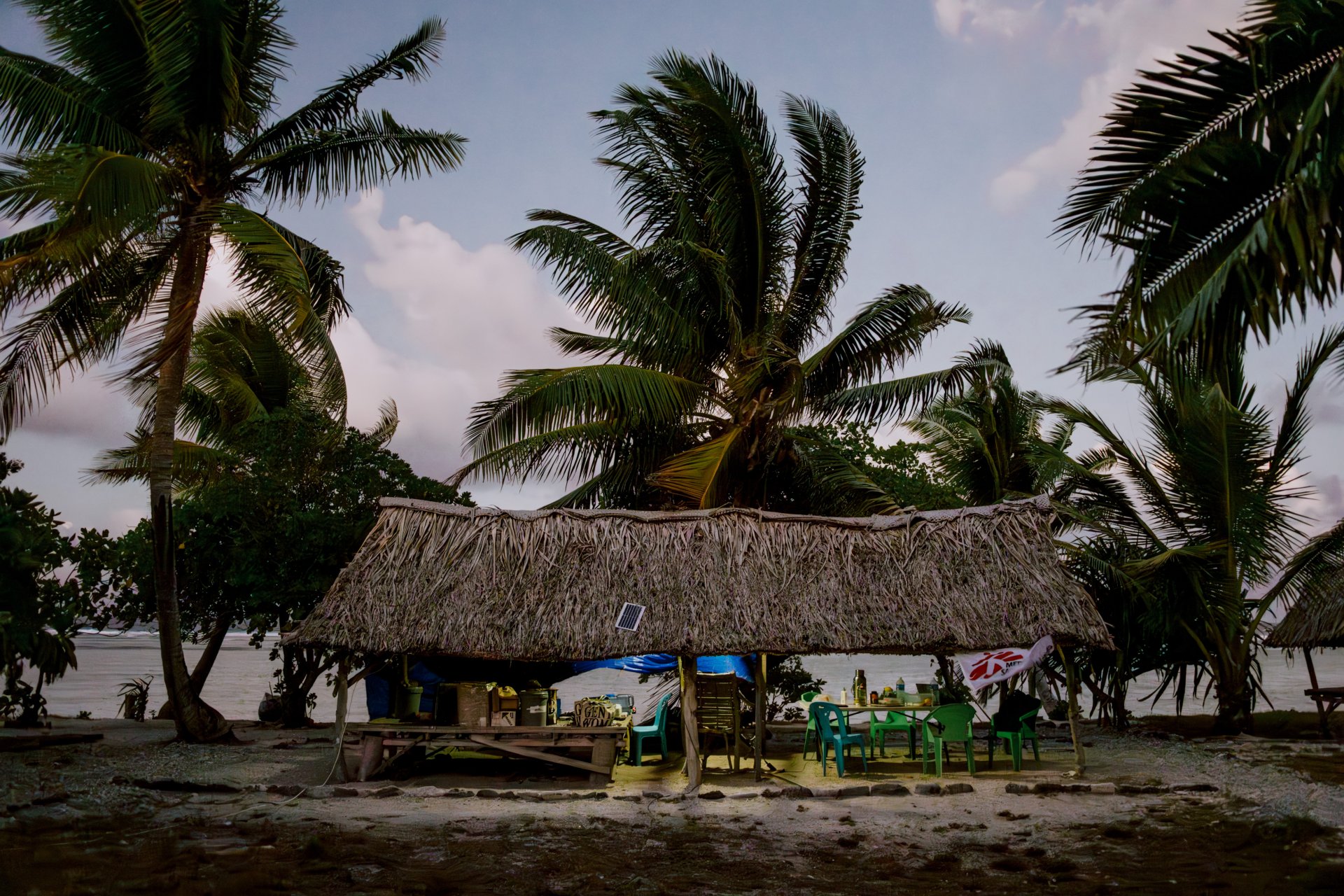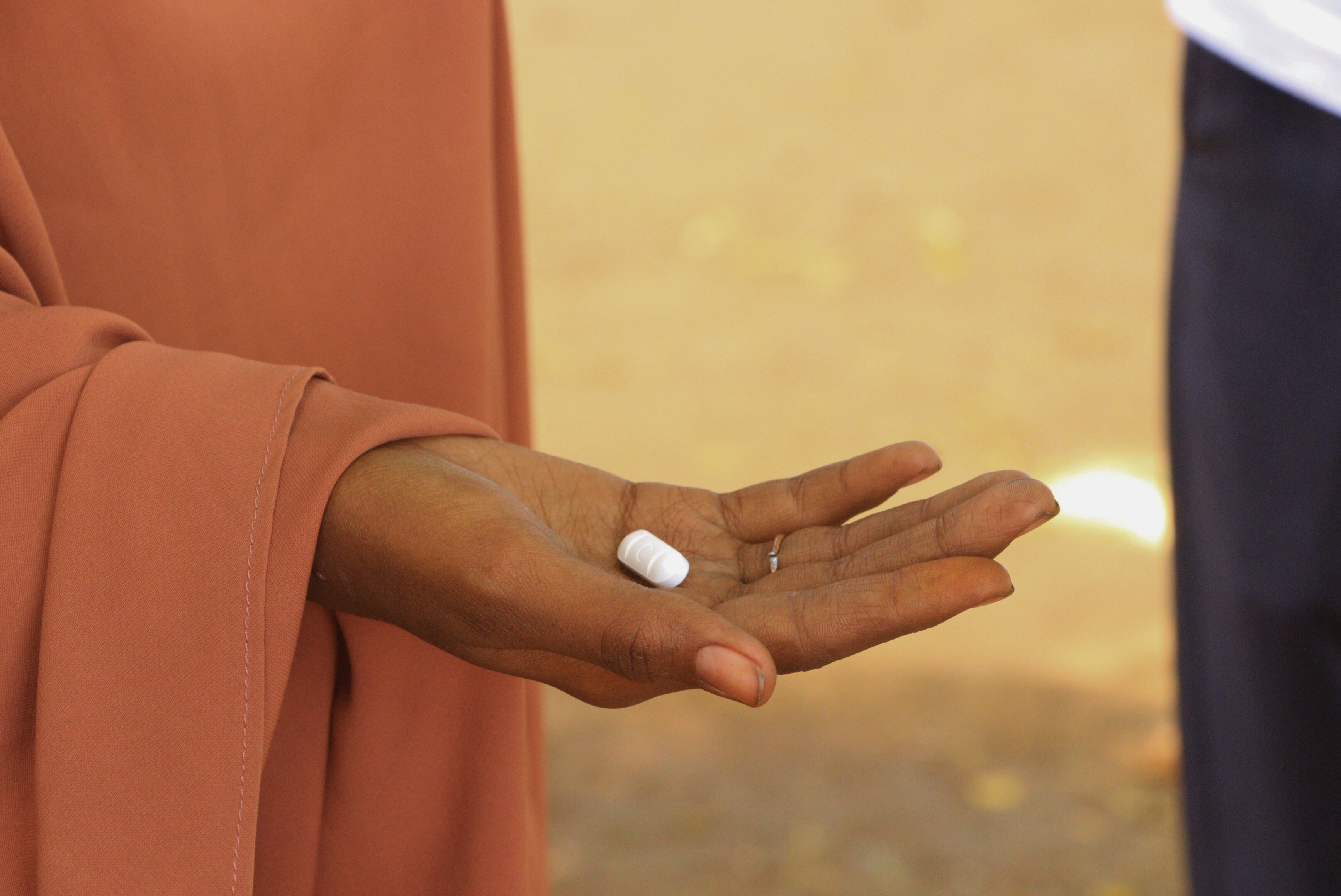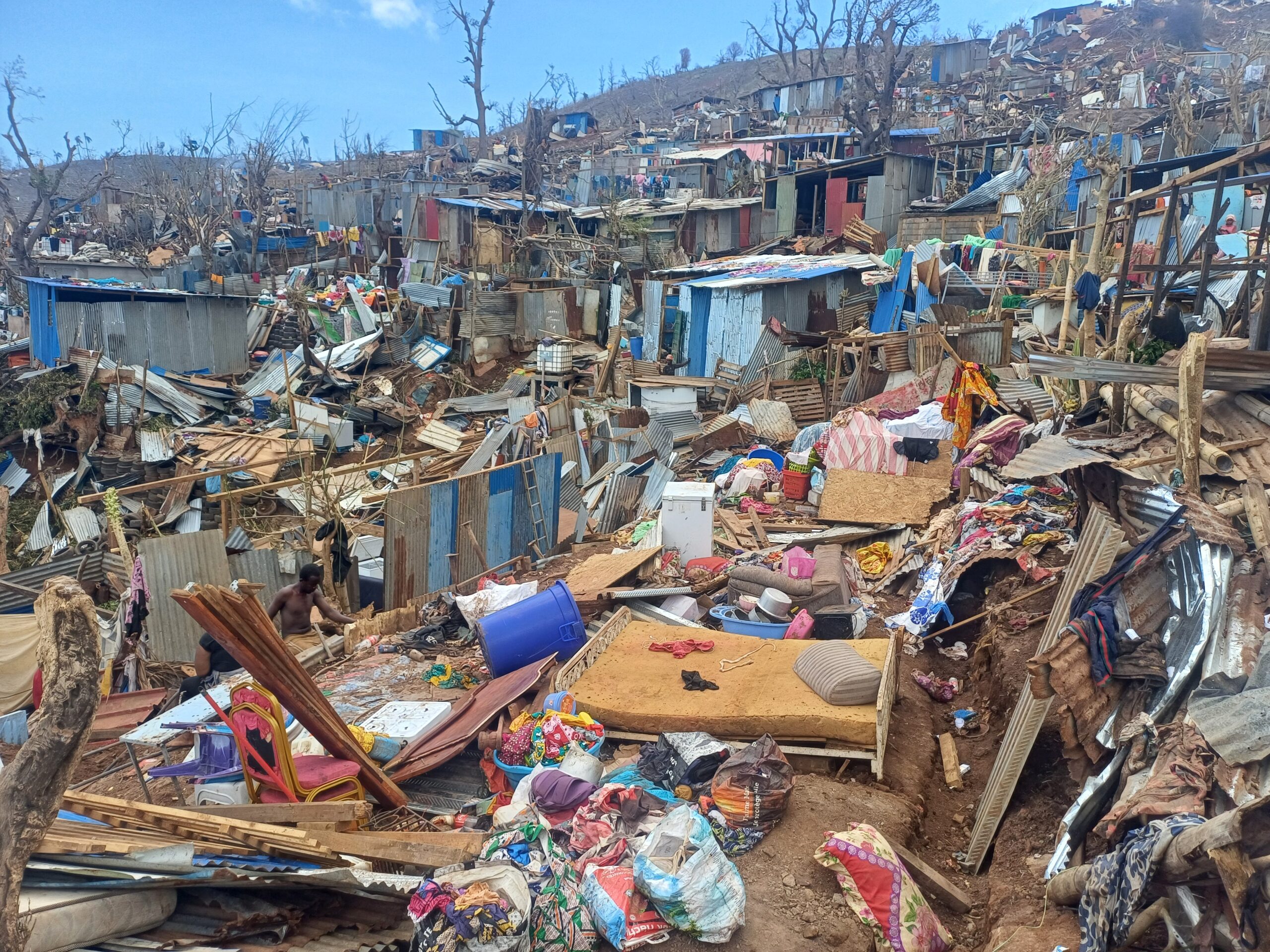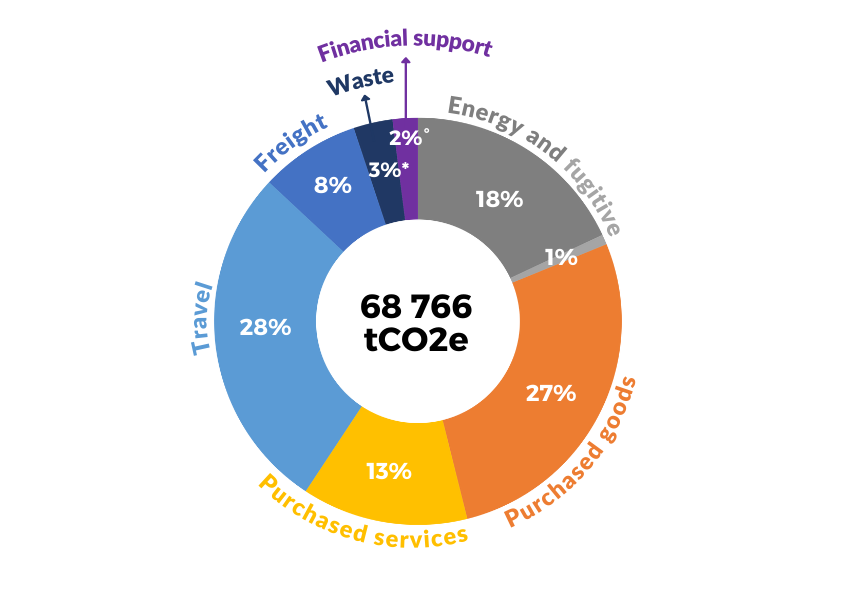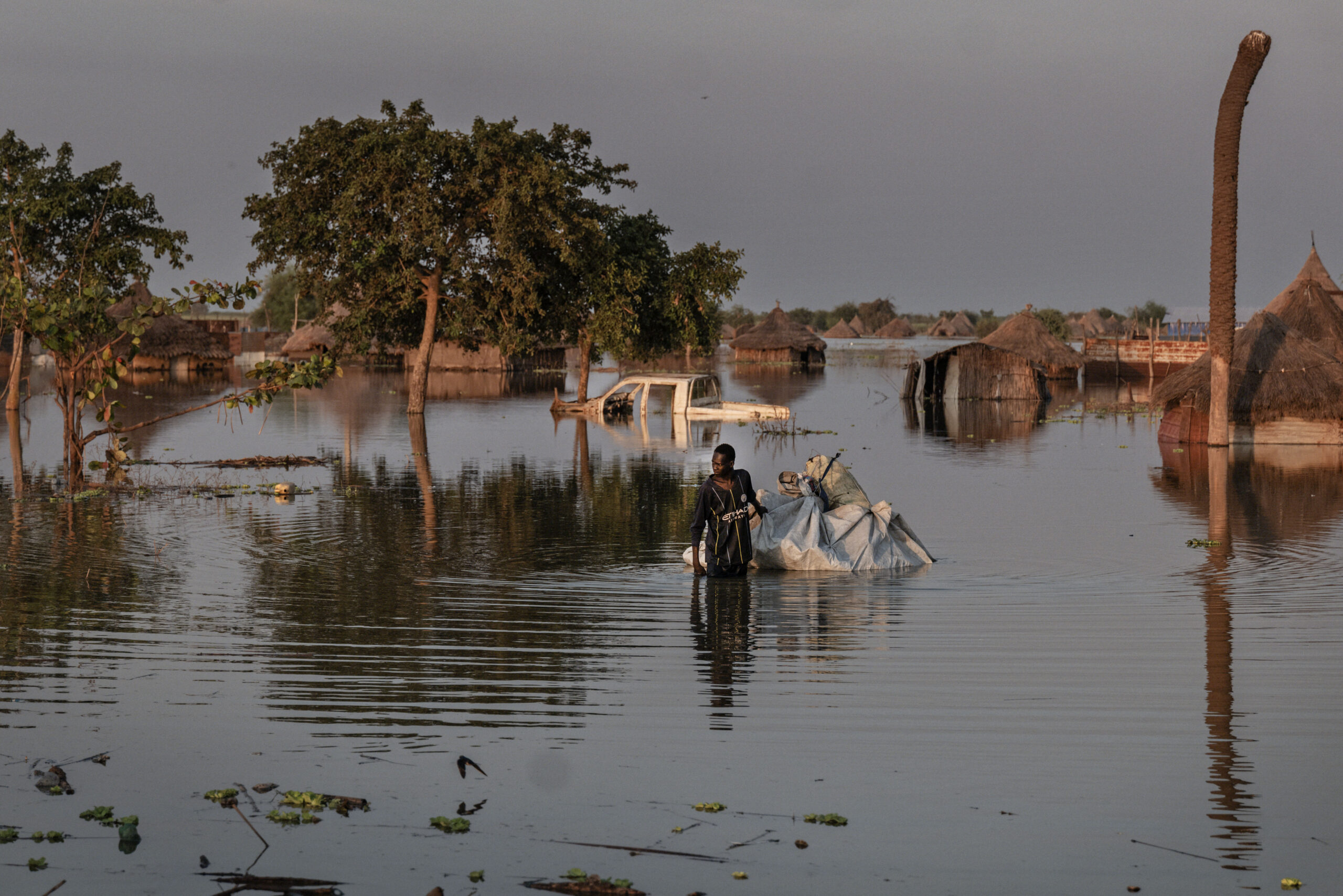
The Climate Crisis is a Health Crisis
We work in some of the most climate-vulnerable settings in the world, responding to many of the world’s most urgent crises – conflict, natural disasters, disease outbreaks, and displacement.
The health emergencies we are already responding to in these locations will increase in scale and severity as the climate crisis accelerates. Humanitarian situations are aggravated by the climate crisis and the world’s most vulnerable people are hit the hardest.

